Board and Governance

Ben is an experienced Board Director and Executive Manager with over 15 years’ experience in senior management health, finance, and accounting roles. Ben is a graduate of the Australian Institute of C...
Read bioBen has broad experience in the health sector leading teams and in consulting roles in both the public and private sector. Ben is currently the Chief Executive Officer of Ramsay Health Care’s Cairns Facilities. Ben is a purpose driven leader who is passionate about leading high performance teams, and delivering on strategies that ultimately lead to greater outcomes for the North Queensland community.
Ben strives for continued benefit for the entire North Queensland region and provides leadership and support to various organisations in director and committee roles including with Cairns Regional Council, Cairns Bank, and the Cairns Catholic Diocese development fund, and previously with Regional Development Australia.
Prior to becoming Chair, Ben held the roles of Deputy Chair and Chair of the Finance, Audit and Risk Management Committee.
Jeff is an experienced Chair, Director, Chief and Senior Executive with a passion to see individuals, teams, organisations, their boards, communities, and regions thrive - now and into the future. He ...
Read bioSue is the Chief Executive of Gurriny Yealamucka Health Service, a community-based health organisation that delivers holistic primary health care to the people of Yarrabah, an Aboriginal community nea...
Read bioDuring her time as CEO, Sue has led the drive for the transfer of responsibility for delivering primary healthcare services from the Queensland Government to Gurriny Yealamucka, a first in Queensland, with Gurriny now looking after all primary healthcare services in the community, including women’s and maternal health, sexual health, chronic disease, and social and emotional wellbeing.
In 2016, Sue was also a key driver for the establishment of the first pharmacy to open in Yarrabah in nearly 20 years, ensuring the Yarrabah community had a wider range of primary and allied health services.
Prior to her appointment as CEO in 2012, Sue was the Finance Manager at Gurriny Yealamucka for more than five years, leading and managing the day-to-day financials of the organisation with a budget of $8 million.
Sue has also previously worked with Cape York Digital Network, implementing and rolling out projects within each Cape community around the use of technology, and Gindaja Treatment and Healing Centre in Yarrabah, an Aboriginal and Torres Strait Islander residential rehabilitation service which caters for both men and women with drug and alcohol-related problems.
A proud Aboriginal woman who grew up in Yarrabah, Sue is passionate about closing the gap in Indigenous health disadvantage. Sue was appointed a director of Northern Queensland Primary Health Network in 2017.
Tara Diversi is the CEO of Sophus Nutrition, a digital nutrition platform that improves accessibility and affordability of expert nutrition and dietetic care through the combination of evidence-based ...
Read bioTara is an Accredited Practising Dietitian and Advanced Sports Dietitian starting her career in Cairns in private practice in 2003 and working in almost all areas of dietetics. To complement her dietetic studies (MND, BHSc), Tara holds an MBA, two post-graduate psychology qualifications (GDipPsyc; PGDipPsyc) and Graduate Certificate in Higher Education. She is the author of four books, nine textbook chapters, and six peer-reviewed papers.
After growing up in Kunnunurra and Cairns, Tara’s initial passion and work focused on Indigenous health in Australia and Papua New Guinea which drives her continued interest in improving health and outcomes for Aboriginal and Torres Strait Islander peoples. She has also worked extensively in sports nutrition, mental health, and incorporating behavioural economics into healthcare.
Outside of work, Tara enjoys seeing people stretch their comfort zones – whether it is her daughter learning something new, clients swimming over insane distances or in extreme temperatures, or a new health professional seeing their first client. She believes in the power of individual contribution to make significant positive impact on individuals, groups, and communities.
Dr Konrad Kangru B.App Sci, MBBS, FRACGP gained his MBBS from the University of Queensland in 2000, has been in private rural General Practice in the Whitsundays region of Queensland since 2005, where...
Read bioDr Kangru has also undertaken and presented his research on the self-care of rural doctors, and has special interests in medical education and diabetes management, particularly in up-skilling colleagues about this important condition. He is passionate about reducing the disparity in outcomes for patients living in rural and remote communities, and ensuring that every clinician providing care to these areas is as well supported as they possibly can be.
Sharon has more than 42 years of experience working in the health sector across a range of rural regional and tertiary health care services in the public sector for both Queensland and South Australia...
Read bioLuckbir is a Director at MacDonnells Law, one of the leading Queensland law firms. He has been recognised for his legal skills and client outcomes by Lawyer’s Weekly as a finalist in the 2016 Australi...
Read bioLuckbir has over the last 20 years been involved in many of the most significant, highly publicised and complex corporate law matters in North Queensland. His areas of expertise are corporate advisory, governance and mergers and transactions.
Mr Singh is also the Deputy Chair Cairns and Hinterland and Hospital Health Service and Queensland State Council member of the Australian Institute of Company Directors.
Luckbir was born and raised in North Queensland, with his family having lived in the region since the late 1890s.
Toni has been part of the Townsville medical community since arriving as a medical student in 1998, 20 years of that as a specialist General Practitioner. As part of her passion for providing high lev...
Read bioGerard has extensive strategic management experience in complex healthcare environments both within the profit and not-for-profit private healthcare sectors at CEO level. His broad and diverse experi...
Read bioAs a qualified CPA with extensive healthcare management training and experience, he has contemporary governance experience at a board level with several companies (for-profit and not-for-profit), working collaboratively with other directors ensuring good governance and achieving strategic healthcare service outcomes.
During his career, Gerard has developed strong professional relationships with some of Queensland's leading medical specialists, general practitioners, and major healthcare service providers – collaboratively developing successful business partnerships with leading national radiology, pathology, pharmacy, medical, and allied health service companies.
His most recent role being Executive Director of a group of private hospitals, having strategic and executive management oversight of major hospital and healthcare services in Bundaberg, Rockhampton, Mackay and Townsville. Having a focus on health service planning and growth, he oversighted the delivery of a number of successful infrastructure projects.
Having now lived and worked professionally in North Queensland for over 10 years, he has a desire to continue contributing to the on-going development and delivery of healthcare services in our regional communities.
Gerard is currently Chair of NQPHN's Finance, Audit, and Risk Management committee.
Resources
Disaster management

As part of the Northern Queensland Primary Health Network (NQPHN) ‘Build Back Better – Primary Care’ initiative, an array of support systems are being developed.
Recent events, cyclones, floods, bushfires, and a pandemic have highlighted the value of communication in an emergency response. In the event of an emergency in the NQPHN region, there is a need to be able to provide clear and immediate information to support this response.
To enable NQPHN to support this, we are offering general practices, pharmacies, and Residential Aged Care Homes (RACHs) the opportunity to subscribe to the NQPHN Emergency SMS Alert System which will send emergency and public health message alerts directly to the subscriber’s nominated mobile phone number.
Special sign-up offer – $500 for your practice/pharmacy/RACH
Sign up to the Emergency SMS Alert System and receive a one-off $500 (exc. GST) payment per practice/pharmacy/RACH that can be used to purchase* resources to assist your emergency response.
PLEASE NOTE: This is a one-off, optional offer, and not a mandatory requirement to sign up to the Emergency SMS Alert System.
* All purchases made in the preceding 12 months are eligible.
What to do next
Select your relevant organisation below (practice, pharmacy or RACH), read the relevant guidelines, and complete the relevant online form:
- Read the relevant Emergency Response Support guidelines:
- Complete the online form for practices and pharmacies to subscribe to NQPHN's Emergency SMS Alert System list.
-
Read the relevant Emergency Response Support guidelines:
- Complete the online form for RACHs to subscribe to NQPHN's Emergency SMS Alert System list.
Resources
Disaster management

There are a number of mental health and wellbeing resources available for use by health care workers, as outlined in the resources section to the right.
Resources
Disaster management
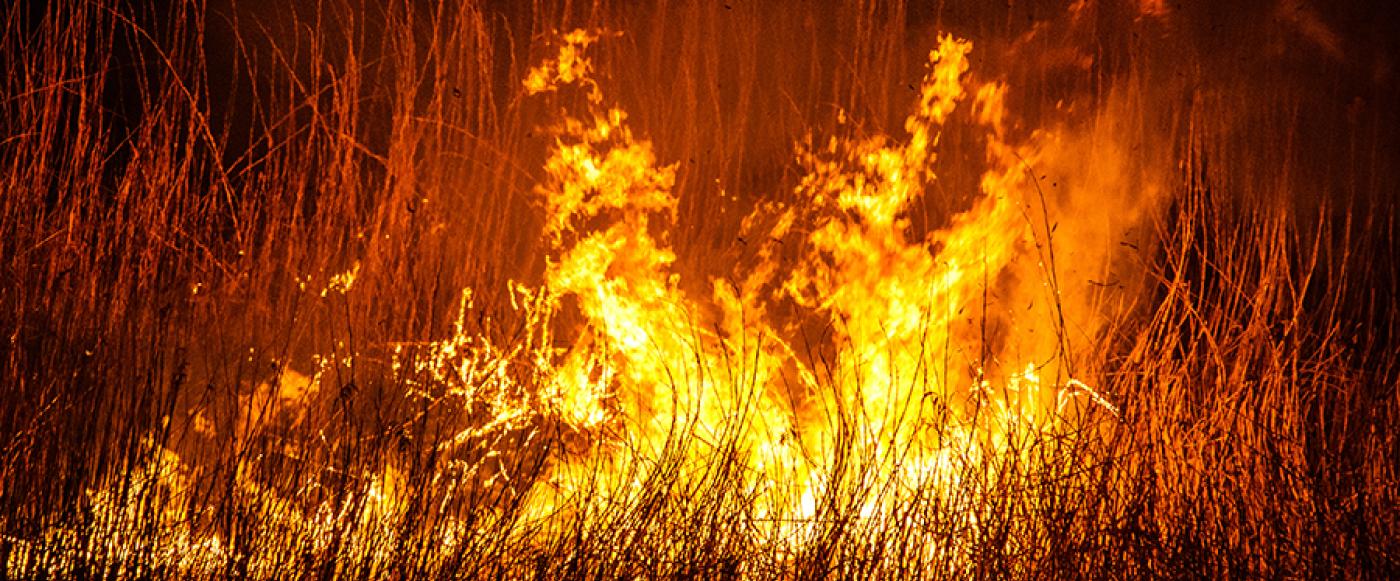
Residents should:
- close windows and doors
- use fans or air conditioning on recirculating mode to keep cool
- keep medications close by if suffering a respiratory condition
- be vigilant in taking prescribed medications for existing lung conditions.
If you have a known respiratory condition such as asthma please have your regular medication at hand and see your GP if you do not feel you are adequately prepared.
Residents should call Triple Zero (000) if you are having health problems or believe your property is under threat.
For more information, view the resources on the right of this page.
Resources
Disaster management
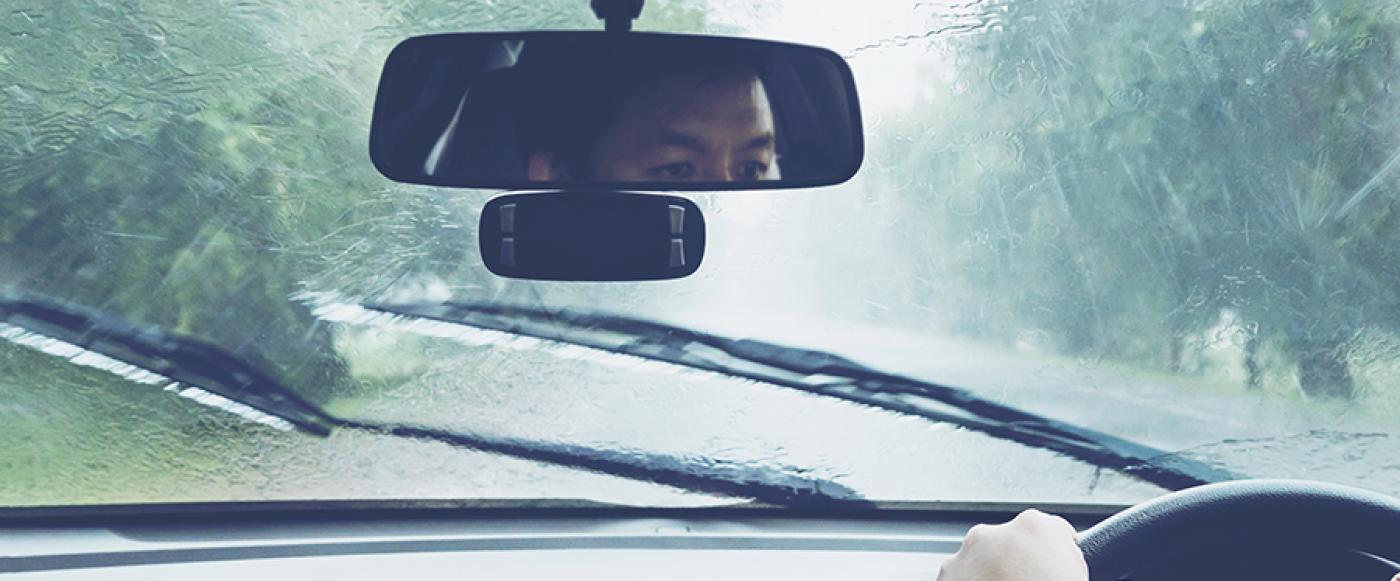
Practices and pharmacies may have experienced a cold chain breach due to loss of power from a cyclone and/or floods.
Each vaccine requires a different process for action and reporting. See below for further information:
- COVID 19 Vaccines: Cold chain breaches of COVID-19 vaccines should be reported immediately to the Vaccination Operations Centre (VOC) on 1800 318 208. Vaccine providers must refer to the National Vaccine Storage Guidelines (Strive for 5) for cold-chain management of COVID-19 vaccines.
- Queensland Health-provided vaccines: QH do not dispose of vaccines. These must be keep for Public Health Unit collection – follow these instructions and fill out the cold chain breach reporting form.
- Other vaccines and medicines: National vaccine storage guidelines and information can be found here: National vaccine storage guidelines - Strive for 5, 3rd edition (health.gov.au) (Appendix 3: Cold chain breach protocol)
- Find out more, including how to report a breach. You can also visit your local HealthPathway for advice about vaccine storage and cold chain breaches.
The Queensland Government provides Queensland natural disaster assistance for small business and primary producers. They are also providing personal hardship financial assistance with more information on eligibility available here.
Further information on disaster assistance can be found at www.disasterassist.gov.au, www.qld.gov.au/disasterhelp or www.qra.qld.gov.au
If you’re experiencing emotional stress or personal financial hardship from a disaster event, contact your local emergency relief provider or counselling service or call the Community Recovery Hotline on 1800 173 349 for help.
General practitioners (GPs) are essential in supporting individuals and communities before, during and in the aftermath of natural disasters and emergencies.
If your business has been affected by cyclones and/or floods, there's information and support services available to help you get your business back on track.
The Queensland Government, through the Department of Employment, Small Business and Training, provides support to small businesses impacted by cyclones and floods.
Additionally, there are a range of services already available to assist you to recover from natural disasters and get your business back on track.
Find out more using the following links:
Free wellbeing support for general practice and pharmacy staff
NQPHN is offering free EAP support for all general practice and pharmacy staff affected by the impact of cyclones and/or floods.
An Employee Assistance Program (EAP) is a work-based intervention program designed to enhance the emotional, mental, and general psychological wellbeing of all employees and includes services for immediate family members.
To access this confidential service, please contact AccessEAP on 1800 818 728 and identify as one of these groups when calling into our service, starting with Northern Queensland Primary Health Network, then either Chemist Staff or GP staff.
For more information on AccessEAP, visit their website.
NQPHN has also created an EAP support poster to advise staff of the service availability:
- Download poster (General Practices)
- Download poster (Pharmacies)
Wellbeing support for Practice Managers and their teams
AAPM has set-up a dedicated opportunity for Practice Managers and their team members to access the AAPM Member Assistance Program. AAPM will fully fund the first few engagements to ensure healthcare professionals can remain supported.
AAPM Non-Member Support can be accessed here using code NMS024 to successfully identify and validate your eligibly.
Head to Health
Prioritising your mental health is important. If you or someone you know needs mental health support, it’s available 24/7. Find resources and helplines at Head to Health.
A list of mental health and suicide prevention support services are listed in the drop down table below. Please note, NQPHN are not crisis or emergency services. For urgent support, call any of the numbers listed in the table below. If you need immediate help or are at risk of harm to yourself or others, call 000.
Support services
| Service | Description | Contact details |
|---|---|---|
| 13 YARN | Aboriginal and Torres Strait Islander crisis support line. Available 24/7. No shame, no judgement, safe place to yarn. | 13 92 76 / 13yarn.org.au |
| 1800 RESPECT | Free, 24/7 support for people impacted by domestic, family, or sexual violence. | 1800 732 732 / 1800respect.org.au |
| Beyond Blue | 24/7 support programs to address issues related to depression, suicide, anxiety disorders, and other related mental illnesses. | 1300 224 636 / beyondblue.org.au |
| Head to Health Phone Service | Local general mental health advice and support. You can make a free call to Head to Health between 8.30am-5pm weekdays (except public holidays). | 1800 595 212 / headtohealth.gov.au |
| headspace Cairns | Free mental health service available for 12-25 year olds. Headspace Cairns is closed during the cyclone event, but will post updates when reopened on their social media pages. E-headspace services are available, including phone and online support via the headspace web page. | Online and phone and support - headspace |
| Kids Helpline | Resilient Kids resource 'The Hub' is available for practical and mental health strategies to cope before, during and after a disaster. |
1800 55 1800 / kidshelpline.com.au/disaster-response |
| Lifeline Australia | Lifeline is a national charity providing all Australians experiencing a personal crisis with access to 24 hour crisis support and suicide prevention. | 13 11 14 / lifeline.org.au |
| StandBy Support After Suicide Service | 24-hour community-based, suicide postvention program for people bereaved by suicide. | 1300 727 247 / standbysupport.com.au |
| Suicide Call Back Service | Free counselling for suicide prevention & mental health via telephone, online & video for anyone affected by suicidal thoughts, 24/7. | 1300 659 467 / suicidecallbackservice.org.au |
| QLife | LGBTI peer support and referral for people wanting to talk about a range of issues including sexuality, identity, gender, bodies, feelings, or relationships. | 1800 184 527 / qlife.org.au |
Environmental conditions after floods and cyclones increase the risk for infectious diseases.
Please be particularly alert to wounds exposed to muddy water and cases of invasive environmental bacteria such as leptospirosis and melioidosis:
- The incubation period is 5-14 days. Patients present with abrupt fever, headaches and myalgia.
- People displaced, re-entering inundated homes or after power-interruption face a variety of risks related to food spoilage, contamination and general hygiene. Most will be ordinary infections including viral gastroenteritis but food poisoning is possible too.
- Read more.
Remember that 'Food or water-borne illness in 2 or more cases' is one of the clinical Notifiable Diseases that you must inform the Public Health Unit of before lab confirmation. Visit the Public Health Unit website here to get in touch.
Queensland Health factsheets
- Caring for children in heat
- Ensuring safe drinking water
- Food safety in an emergency
- Health advice for emergency response workers
- Heat-related illness
- Mosquito – controlling breeding after floods, storms and cyclones
- Mosquito-borne diseases after a storm, flood or cyclone
- Mould - Dealing with mould after a storm, flood or cyclone
- Playgrounds and sporting fields - use during flood recovery
- Rainwater tanks affected by natural disasters
- Restoring flood-affected domestic swimming and spa pools
- Returning to a disaster-affected house or building
- Stay safe and healthy after storms, cyclones and floods
- Staying healthy in the heat
- Use and disposal of medicines after a disaster
Worksafe
If you’re experiencing emotional stress or personal financial hardship from a cyclone and/or a flooding event, contact your local Qld Health emergency relief provider or counselling service or call the Qld Health Community Recovery Hotline on 1800 173 349 for help.
Recovery centres have and will continue to be opened across flood affected areas. Information is available here:
During and after a disaster you may need practical assistance or community support to assist you and your family.
The Queensland Government's regional community support services brochures provide information and contact details for key community services available in your area, listed by region.
Also, after a disaster financial assistance may be available if you have been impacted and are unable to meet your own recovery.
A large number of those affected by disasters are children. They may have suffered major disruption, losses, or lived through frightening experiences. Many other children are affected indirectly, through hearing about a disaster or knowing someone who has been affected by a disaster.
The Australian Psychological Society has a useful fact sheet for parents and carers on helping children who have been affected by floods.
Federal Government’s information for school aged kids:
The Queensland Government has made available translated resources about financial assistance grants to distribute to your communities.
For specific information (including available financial support) on Tropical Cyclone Jasper, which occurred in December 2023, please follow the below tab.
Financial assistance
Tropical Cyclone Jasper and subsequent flooding affected communities in Far North Queensland.
Personal hardship financial assistance is available for affected residents in the Local Government Areas of:
- Cairns Regional
- Cassowary Coast
- Cook Shire (defined localities)
- Douglas Shire
- Mareeba Shire
- Tablelands Regional
- Wujal Wujal Aboriginal Shire
- Yarrabah Aboriginal Shire.
Housing assistance is available for residents affected by this event.
Services Australia is providing support for people affected by Tropical Cyclone Jasper in Queensland, including the Australian Disaster Recovery Payment.
If you’re experiencing emotional stress or personal financial hardship from this event, contact your local emergency relief provider or counselling service or call the Community Recovery Hotline on 1800 173 349 for help.
The Essential services safety and reconnection grant is available to eligible homeowners needing to reconnect electricity, gas, water or sewerage.
The Queensland Government is providing Queensland natural disaster assistance for small business and primary producers. They are also providing personal hardship financial assistance with more information on eligibility available here.
Further information on disaster assistance can be found at www.disasterassist.gov.au, www.qld.gov.au/disasterhelp or www.qra.qld.gov.au
Support for small business
If your business has been affected by ex-tropical cyclone Jasper, there's information and support services available to help you get your business back on track.
The Queensland Government, through the Department of Employment, Small Business and Training, provides support to small businesses impacted by ex-tropical cyclone Jasper.
If you have been impacted, please share how you've been affected by recent severe weather and what assistance you need by completing the natural disaster business impact survey here.
Additionally, there are a range of services already available to assist you to recover from natural disasters and get your business back on track.
Find out more using the following links:
- Business Queensland - Natural disaster resilience and recover
- Disaster assistance loans and grants
- Free mentoring for recovery and business support
- Small business wellness coaches
- Small business financial counselling
- Queensland Small Business Commissioner
Cairns and Hinterland HHS ex-TC Jasper resources
- Keep your family safe
- Keep your family safe - food safety
- Keep your family safe - mosquitoes
- Public health advice - melioidosis
- Public health risks after a flood
- The facts about melioidosis
- The facts about mould
Community Recovery Hotline and recovery centre hubs
If you’re experiencing emotional stress or personal financial hardship from ex-TC Jasper and the flooding event, contact your local Qld Health emergency relief provider or counselling service or call the Qld Health Community Recovery Hotline on 1800 173 349 for help.
Recovery centres have and will continue to be opened across flood affected areas. Information is available here:
Resources
Coronavirus (COVID-19) information

Northern Queensland PHN is working alongside residential aged care homes to manage and reduce infection rates in facilities.
All RACHs in the Northern Queensland PHN region were supported by the PHN to provide vaccinations for all residents and staff.
The PHN continues to actively support all RACHs in the region to ensure vaccinations are available.
Please contact us at preparednessandresponse@nqphn.com.au if we can be of assistance.
Subscribe to receive NQPHN COVID-19 updates for Residential Aged Care Homes.
The Australian Government has provided the following advice for the residential aged care sector regarding COVID-19 vaccines (click on each header to access):
Residents in residential aged care
- Why residents should get vaccinated
- How can I get my recommended COVID-19 vaccinations?
- Which vaccine can I get?
- Providing consent
- Consent by a guardian or substitute decision-maker
- Getting vaccinated before entering an aged care home
- Is evidence of COVID-19 vaccination required?
- Why does my aged care home need to know if I am vaccinated?
- Resources for residents
- Factsheet – Vaccine info for residents in Aged Care homes
- Factsheet – Vaccine booster advice for people with a disability
- Easy read – Vaccine booster advice for people with a disability
Residential aged care service providers
- Vaccination
- Engage with your Primary Health Network
- How to support resident and worker vaccination
- Preparing for COVID-19 vaccination
- How to obtain and record resident consent
- How do I monitor and report adverse events?
Residential aged care workers
- Why you should be vaccinated against COVID-19
- Why your employer may need to know your vaccination status
- How to prove your vaccination status
- Resources for workers
Personal protective equipment (PPE)
PPE for coronavirus (COVID-19) includes surgical masks, particulate filter respirators (such as P2 or N95), gloves, goggles, glasses, face shields, gowns and aprons. Guidelines on the use of PPE when caring for patients in the non-inpatient settings are available on the Department's website. If you have any questions about the use of PPE or if you require PPE, email agedcarecovidppe@health.gov.au.
Support lines
- A COVID-19 support line has been set up to provide information and support for older Australians, their families and carers. Freecall: 1800 171 866.
- The FriendLine is for anyone who needs to reconnect or just wants a chat. All conversations with FriendLine are casual and anonymous and friendly volunteers are ready to talk about anything and everything. Call: 1800 424 287.
Public health guidelines
The Communicable Diseases Network Australia has developed these comprehensive national guidelines for the prevention, control and public health management of COVID-19 outbreaks in residential care facilities in Australia that cover:
- preparedness and prevention
- a flowchart for COVID-19 management
- swab collection procedure, and more.
COVID-19 Vaccination and Antiviral Treatments factsheet
The Department of Health and Aged Care has developed a new resource, the COVID-19 Vaccination and Antiviral Treatments fact sheet, with information and answers to frequently asked questions for residents living in aged care homes and their families.
Useful websites
Resources
Coronavirus (COVID-19) information
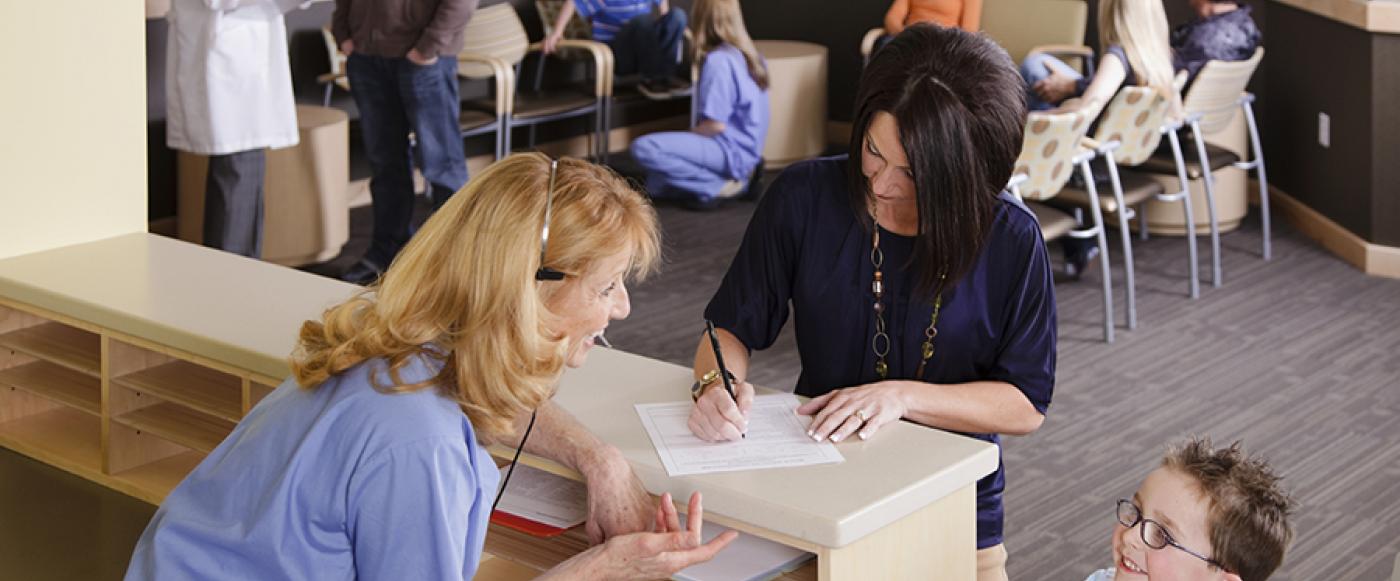
Your local HealthPathways portal provides the latest information about the clinical aspects of COVID-19 vaccination, including advice, delivery, and follow up.
GPs are encouraged to check they have access to HealthPathways.
Access Northern Queensland PHN HealthPathways.
Don't have a login for HealthPathways? Register using the above link.
The Employee Assistance Program (EAP) is a work-based intervention program designed to enhance the emotional, mental, and general psychological wellbeing of all employees and includes services for immediate family members.
To access this confidential service, please contact AccessEAP on 1800 818 728 and identify as one of these groups when calling into our service, starting with Northern Queensland Primary Health Network, then either GP staff or Chemist Staff.
For more information on AccessEAP, visit their website.
NQPHN has also created an EAP support poster to advise staff of the service availability:
- Download poster (General Practices)
- Download poster (Pharmacies).
Staffed by senior GPs and experienced counsellors trained in doctors’ health, Drs4Drs is a free medical service for GPs seeking support
An initiative from the Department of Health and Medical Board of Australia to ensure GPs have access to care and support when they need it.
This is a 24/7, free and confidential service you can access by calling 1300 Dr4Drs (1300 374 377).
- Queensland Doctors’ Health Advisory Service: free and confidential advice 24/7 to medical practitioners and medical students. This support advice includes: matters relating to stress, mental health, personal and financial crises needs. Phone: 07 3833 4352
- Doctors Health in Queensland: DHQ provides an independent, confidential, colleague-to-colleague support service to assist doctors and medical students.
- RACGP Support Program: free, confidential specialist advice to help cope with professional and personal stressors impacting areas such as, mental health and wellbeing, work performance and personal relationships. Phone: 1300 361 008 . Also see RACGP's Support Services for GPs.
- ACRRM's Employee Assistance Program: free for members experiencing workplace, training, exam, or other stresses or issues impacting your personal wellbeing. Provides immediate, confidential phone counselling support 24/7 in Australia and overseas. Phone 1800 818 728.
- Nurse & Midwifery Support: free and confidential support 24/7. Counsellors are available to discuss any health-related issues and provide advice and referral for nurses, midwives, nursing students, employers, educators, concerned others and the public. Phone: 1800 667 877
- CRANAplus Bush Support Services: free and confidential 24/7 telephone and online counselling service for rural and remote health practitioners and their families. Phone: 1800 805 391
- NewAccess - Beyond Blue: New access is a free service that provides support through a coach who can guide in setting practical goals that will get you back on track.
Support for your practice
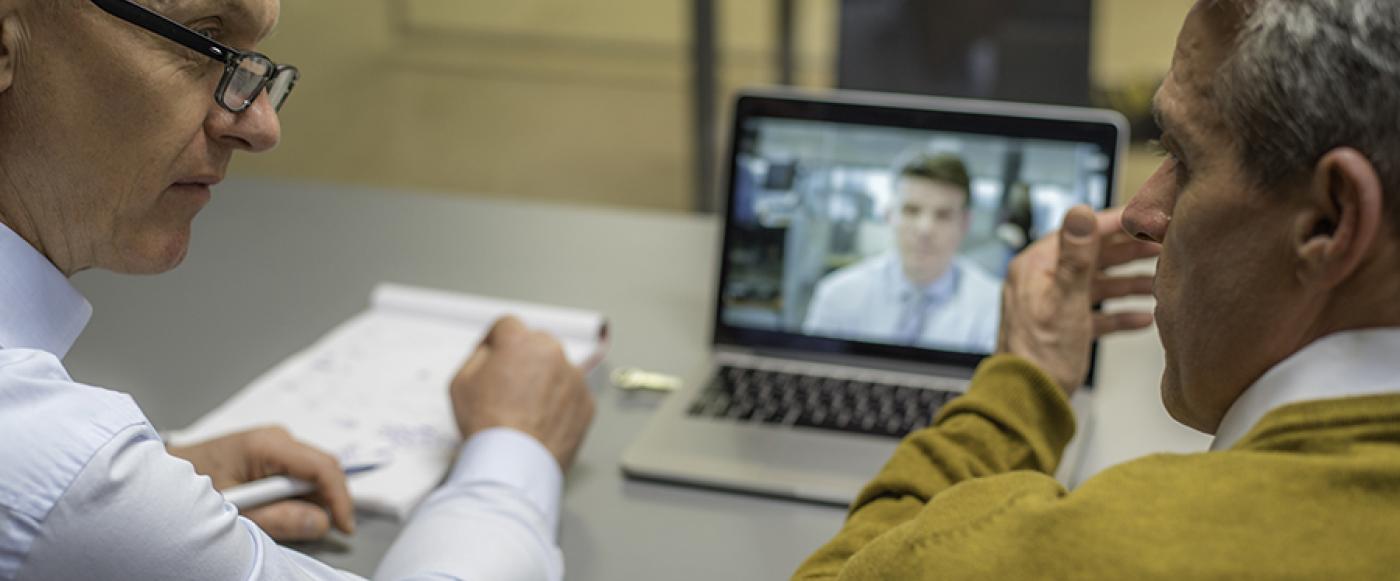
Useful PPE resources
- RACGP:
- Australian Government:
- Queensland Health:
NQPHN funded APNA and subject matter expert Megan Reilly to deliver webinars for all general practices and pharmacies with information on how to apply infection prevention control in practices/pharmacies and keep the doors open.
View the third and final webinar, which mirrors the content in the previous two webinars delivered.
Other infection control resources
The following resources are available to assist with the management of infection control:
- COVID-19 Infection Control Online Training Module
- Guidance on the use of personal protective equipment (PPE) for health care workers in the context of COVID-19 (Australian Government Department of Health)
- Personal Protective Equipment (PPE) guidance for Queensland clinicians (Queensland Health) – includes videos on donning and doffing of PPE.
For the latest clinical practice guidelines in the North Queensland region, please refer to HealthPathways.
Other useful links
- RACGP Infection prevention and control guidelines
- RACGP Infection control principles for consulting with suspected cases for COVID-19
- RACGP – COVID-19 infection-control principles
- RACGP Patient Alert Posters
Fit testing of P2/N95 masks
Specifically for GPs who are prepared and able to undertake specimen collection in their surgeries. P2/N95 respirators are only required for aerosol generating procedures.
The Queensland Health Fit Testing of Particulate Filtration Respirators (PFR or P2/N95 respirators) in respiratory protection programs Guidance Document (Fit Testing Document) has been developed to provide guidance and recommendations for decision-makers and healthcare workers (HCWs) in Queensland to support the safe and practical integration of fit testing into respiratory protection programs.
The following online resources are also available about P2/N95 mask fit checking:
- Queensland Health P2/N95 mask fit checking
- Further information for health professionals about fit-testing and fit-checking of P2/N95 masks and the use of PPE equipment can be found here.
- Resp-Fit has comprehensive Frequently Asked Questions.
Resources
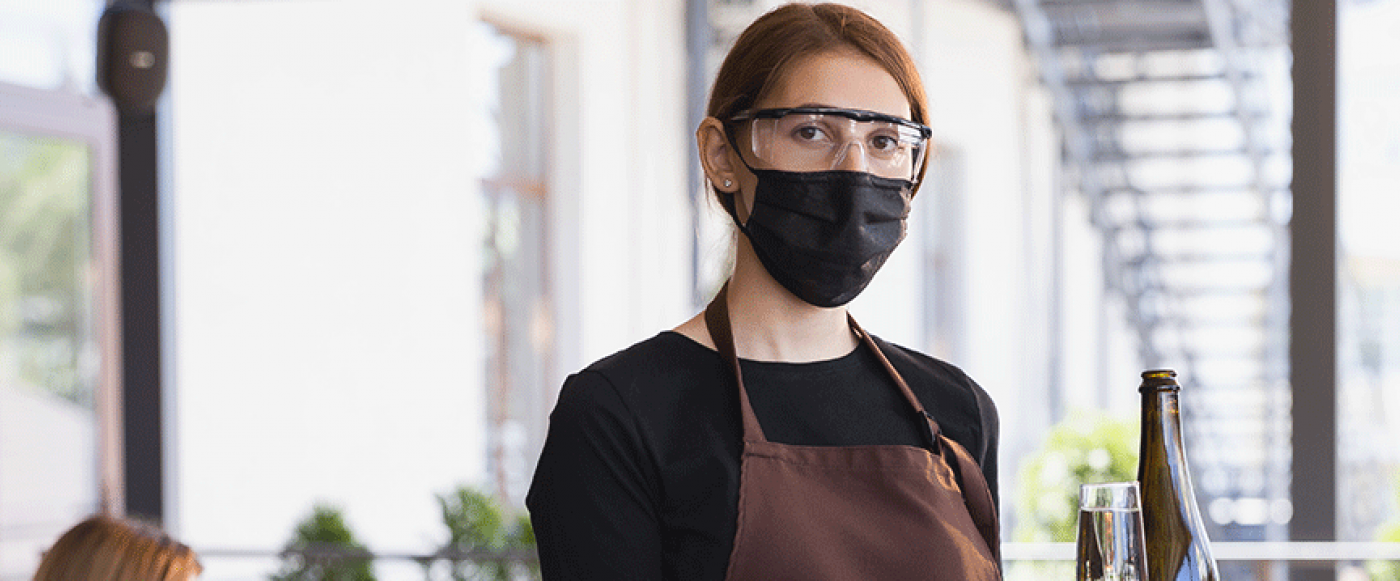
If you are well, you do not need to wear a surgical mask. There is little evidence that widespread use of surgical masks in healthy people prevents transmission in public.
For more information visit the Department of Health’s surgical mask fact sheet or visit the World Health Organisation’s website, which offers advice on when and how to use masks.
